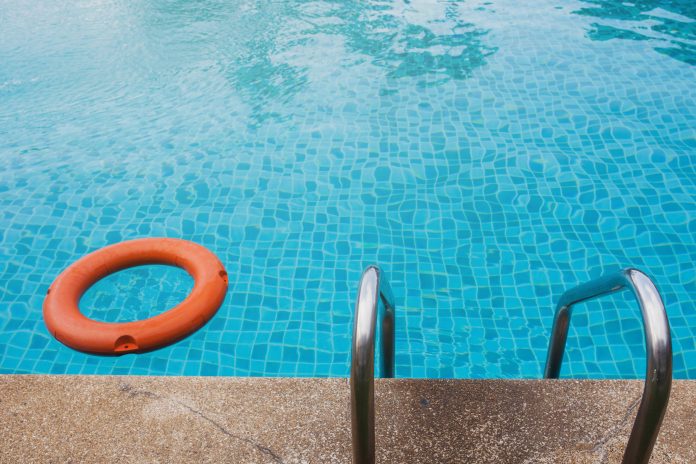A New York lifeguard lost her eyesight after contracting a rare amoebic infection caused by a common mistake many people make while swimming. For all contact lens wearers, this is a crucial warning—always remove your lenses before entering the water to avoid serious risks.
Maureen Cronin, a 53-year-old lifeguard and swimming instructor, can no longer continue her work after losing her eyesight to acanthamoeba keratitis, a rare infection caused by parasites burrowing into her cornea and permanently damaging her right eye.
Since last June, Cronin had been giving swimming lessons to kids in her backyard pool, but she never removed her contact lenses during the sessions.
“I didn’t know this [that you shouldn’t wear them] but I had my contacts in and I would take my goggles off and show them how to go underwater and how fun it was,” she said.
The signs of infection began with an eye irritation during one of her swimming sessions, which Cronin describes as feeling like she “had a piece of sand” in her eye. However, the discomfort soon escalated into “excruciating” pain. She then consulted a doctor who prescribed eye drops, but the symptoms persisted. After several misdiagnoses, first as a corneal laceration and later with a herpes infection, she was eventually found to have acanthamoeba keratitis (AK) in August of last year.
Cronin underwent a cornea transplant the following month, but her body rejected the procedure, leaving her completely blind in her right eye. As she awaits a second transplant in hopes of restoring her vision, she feels anxious about the outcome. “It feels like it’s never-ending, and I’m nervous,” she shared.
“AK is not well known and it is often misdiagnosed. I would say anyone who wears contact lenses shouldn’t wear them near any body of water. Don’t even wear them when it rains,” she added.
Contact lens wearers are at the highest risk of developing acanthamoeba keratitis, making up at least 90% of cases. The infection often occurs due to a combination of factors, such as wearing contacts for too long, improperly storing them, and not cleaning the lenses or storage cases correctly. Additionally, wearing contact lenses while swimming or showering, or using contaminated contact lens-related items like cases or solutions also raises the risk.


